ECO2 Climate Conference Virtual Events
ECO2 Smart Schools Climate Conference Virtual Events
This Autumn, over 4000 pupils from 130 schools in 13 countries are taking part in the ECO2 Smart Schools Climate Conference. As part of this conference, participating schools are invited to attend one of the ECO2 Climate Conference Virtual Events: Day 1: 6th October 2021. 10am – 12pm BST. Day 2: 14th October 2021. 1 – 3pm BST.
Agenda
Click here to download the agenda for the virtual events.
The virtual events will be hosted on Microsoft Teams Live. If you are a participating school and you have not received the link then please email [email protected]
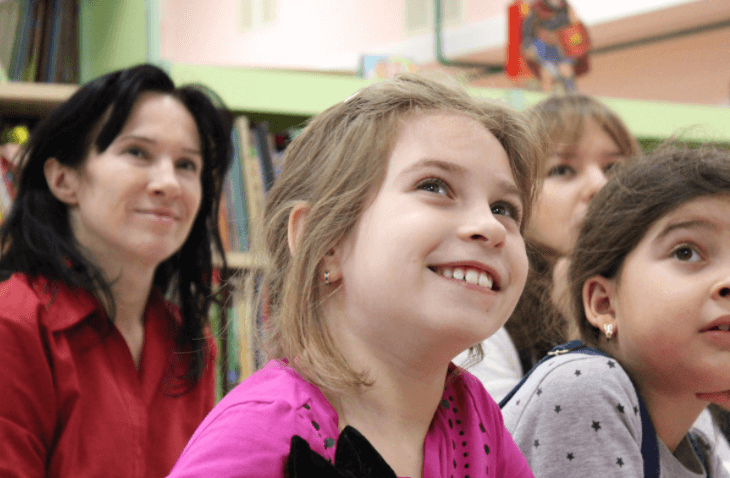
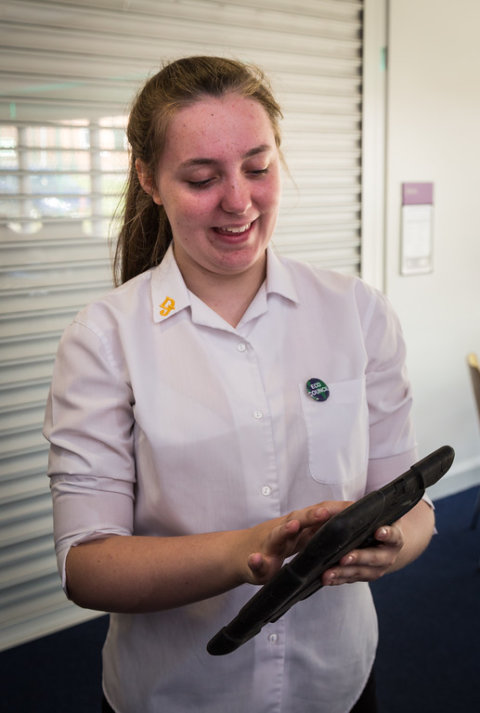
Preparing for the Virtual Event
At the event there will be several opportunities for students to interact and share their thoughts in the chat. This includes:
- Asking questions to a panel of Durham University climate change experts.
- Creating and sharing a pledge of action against climate change.
You may wish to give your students the opportunity to come up with questions or create their pledges before the virtual event.
You are welcome to take a break from the virtual event at any time. Alternatively your students may enjoy creating a poster or decorating their pledges whilst the virtual event is going on.
Internet Safety
The virtual events are being recorded so that schools unable to attend can view the recording at their convenience. However please be assured that on Microsoft Teams Live only presenters can be seen or heard – you and your students will not be visible or audible at the live event or on the recording.
ECO2 Climate Conference Speakers
Speakers from Durham University, Durham County Council and OASES.
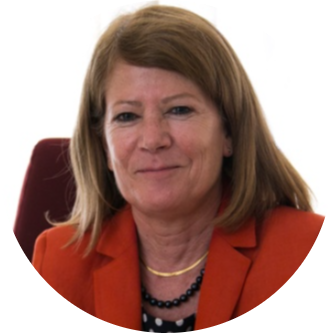
Claire O'Malley
Pro-vice chancellor, Durham University
As Pro-Vice-Chancellor (Global) at Durham University, Claire is responsible for leading the University’s international strategy, which includes oversight of the University’s strategy for contributing to the United Nations Sustainable Development Goals. Claire also has responsibility, working with other members of the University’s senior management team, for local, national and international engagement on a number of policy and public engagement initiatives relevant to global challenges.
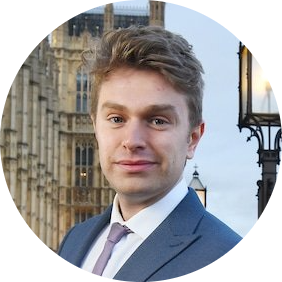
David Saddington
climate change communicator
As a climate change communicator David works to raise the profile of the issue. After leading education reforms to get climate change on school curricula David has pursued his own academic work studying climate science and a broad range of climate impacts from the environmental to economic, security & health implications. David speaks to a range of audiences around the world about the opportunities and challenges from tackling climate change from his experience consulting on the implementation of carbon and energy policies.
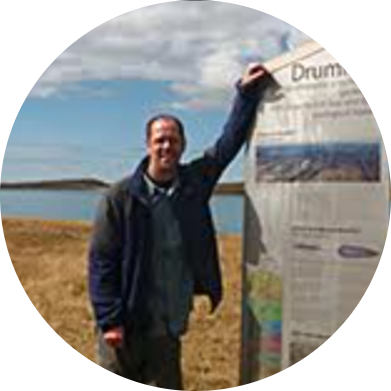
Chris Stokes
glaciologist and geography professor, Durham University
Professor Chris Stokes is a glaciologist – someone who studies glaciers – in the Department of Geography at Durham University. He is particularly interested in how glaciers have changed in the past and how they are responding to global warming and impacting on sea level rise. He teaches on University courses about climate change, glaciers and the Arctic; and his research has studied glaciers on every continent apart from Africa (where only a few small glaciers remain), often using remote sensing (e.g. satellite imagery), to monitor changes in present-day glaciers.
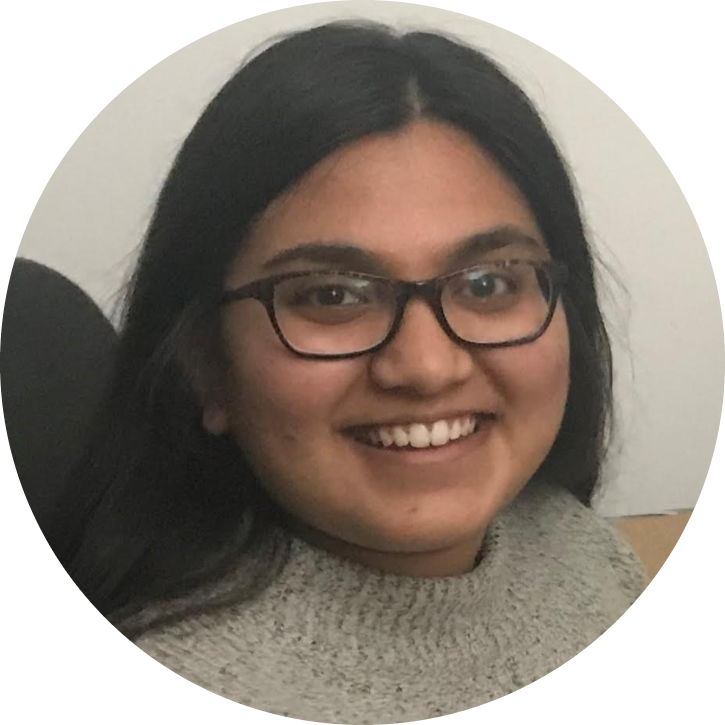
Henna Bains
Engineering Researcher, Durham University
Dr Henna Bains is a researcher in the Engineering Department at Durham University. She first completed a mathematics degree. After this, Henna wanted to apply mathematics to real-world problems and completed a doctorate degree in engineering. At the moment, Henna researches offshore wind energy, specifically, how to design an offshore wind farm when we do not have enough data. Her interests are in offshore wind energy, solving fun problems and mathematics.
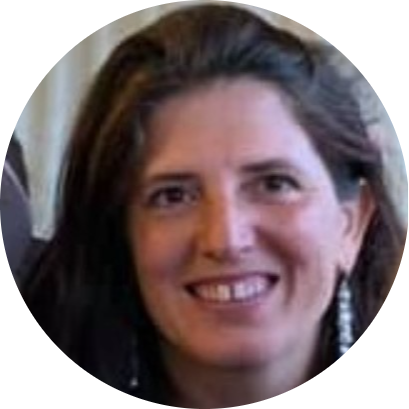
Evelyn Tehrani
Durham Energy institute, Durham University
Evelyn Tehrani works at Durham Energy Institute which is the hub of energy research and activity at Durham University. Her work involves bringing researchers together who have different subject focuses and different perspectives to explore energy transition issues and develop solutions for the climate emergency. She also develops partnerships with industry, government and community organisations across the world to make sure that our research responds to the challenges they are facing and has a real impact in the world.
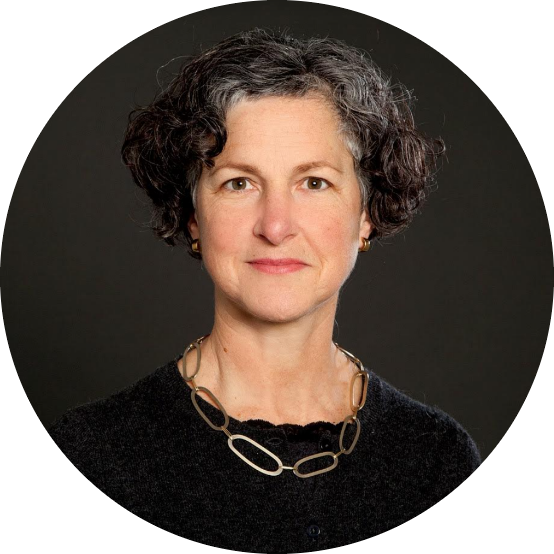
Simone Abram
professor or anthropolgy, Durham University
Professor Simone Abram works in the department of Anthropology. She did a degree in electrical and electronic engineering before realising that she is more interested in people than machines. She went on to do a postgraduate degree in Social Anthropology and stuck with it. Social Anthropology teaches you how to think about different ideas, categories and concepts, and Simone’s current research is about how engineers think about the future. She’s also interested in how people put plans together and how plans sometimes lead to change, and sometimes don’t.
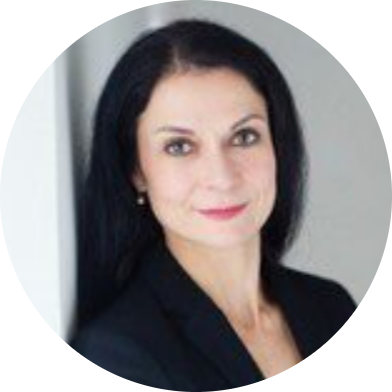
Petra Minnerop
Associate law professor, Durham University
Dr Petra Minnerop is Associate Professor of International Law at Durham University, Durham Law School. She is the Academic Lead for COP 26 of Durham University and the Co-Director of the Global Policy Institute. She is the founding Director of IRAB (www.irab.co.uk), an international research advisory board that spans a North-South collaborative network of leading climate experts from different disciplines, and academia as well as nonacademic partner organisations.
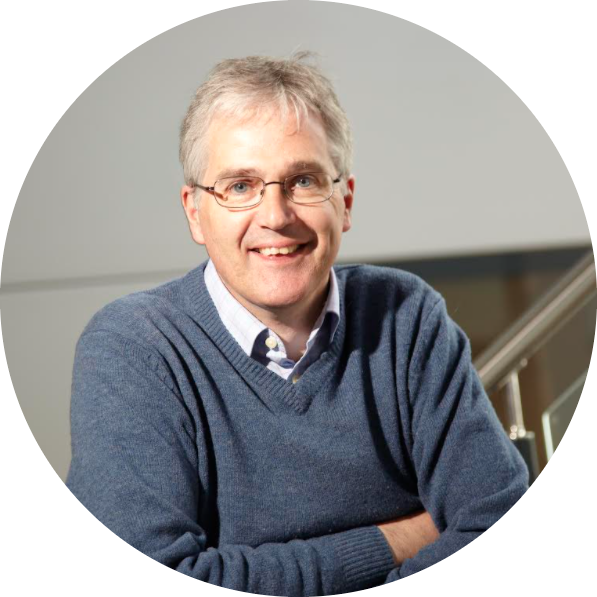
Douglas Halliday
Physics professor, Durham University
Professor Douglas Halliday works in the Physics Department researching new materials for the next generation of thin film solar cells. He teaches courses on crystals and semiconductors. He is a Co-Director of Durham Energy Institute and runs a training programme for PhD students on energy to enable them to apply their research to develop effective solutions for the energy transition. He also runs the Durham Global Challenges Centre for Doctoral Training supporting international students from developing countries in their work to find solutions for some of the Sustainable Development Goals.

Mike Tones
Oases Chair
Mike started life as a 2 dogs and stick shepherd before becoming a teacher for 20 years. He later became an education inspector concentrating on encouraging programs developing understanding of global climate change. As the National Champion he designed ‘Learning Outside the Classroom’ to encourage schools to take learning outdoors. Mike has been the OASES Chair for over 15 years.
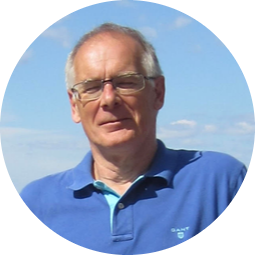
Dave Ford
OASES BOARD Member
Dave worked for Durham County in education for 42 years. Starting as a primary school teacher and then a headteacher. He went on to become a school inspector and finally chief inspector. He has been OASES Vice-Chair for the last 9 years and in his retirement looks after his wildlife garden.
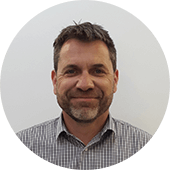
Rich Hurst
Education advisor - sustainability, Durham County Council
Rich is an Advisor for Education Durham with responsibility for global sustainability education, and is part of the personal development team. His role is varied as he leads on school engagement for the Climate Emergency Action Plan and strategically coordinates the ECO2 Smart Schools energy programme for the Authority. He also manages an EU funded energy retrofit programme called REBUS. In addition, he supports the regional charity OASES to broker opportunities and new projects benefiting schools in the region.
Speakers Continued...
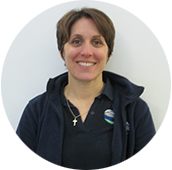
Joanne Appleby
OASES CEO
Joanne works within the OASES team as the Chief Executive Officer and has been with the organisation for over 16 years. She is qualified with a BSc (Hons) in Geography degree and Environmental and Resources Assessment Msc alongside being a qualified Forest School Leader and Learning Through Landscapes accredited trainer. Having delivered outdoor and sustainability education for over twenty years Joanne is passionate about the need for this type of learning, having seen the impact it can have on a child’s development, learning and self-esteem. Joanne completely believes in OASES’ vision to create a more sustainable world when all children can thrive.
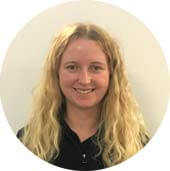
Hannah Fishburn
OASES Project Officer
Hannah is a qualified primary teacher with a degree in B.Ed. Primary Education. Whilst working as a class teacher she found a passion for taking learning outdoors, so she studied MA Outdoor and Experiential Learning at the University of Cumbria. Hannah also participated in the 2050 Climate Group Young Leaders Development Programme. Throughout the programme, she worked in partnership with other young professionals to explore how to inspire and lead transformational change, with regards to sustainability. She is enjoying applying what she learned to engage children and young people in creating a more sustainable future.
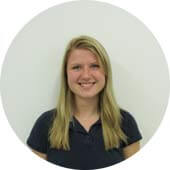
Alice Evans
OASES Project Officer
Alice has a BSc (Hons) Geography degree, which led to her becoming a Sustainability Project Officer with OASES. She has a particular interest in delivering Beach Schools, River Schools and Orienteering, having both her Level 3 Beach Schools qualification and a Teaching Orienteering certificate. Alice has been working with OASES since September 2015.
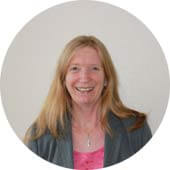
Maggie Bosanquet
team leader: low carbon economy team - durham county council
Maggie leads a team of people who are working to make the Council’s own buildings, land and activities carbon neutral and also working in partnership with organisations across the whole County to help them to tackle climate change. Maggie began campaigning on climate change in 1989. She has seen a lot of progress over that time but she is also very concerned about how slow our progress is and how little time we have left.
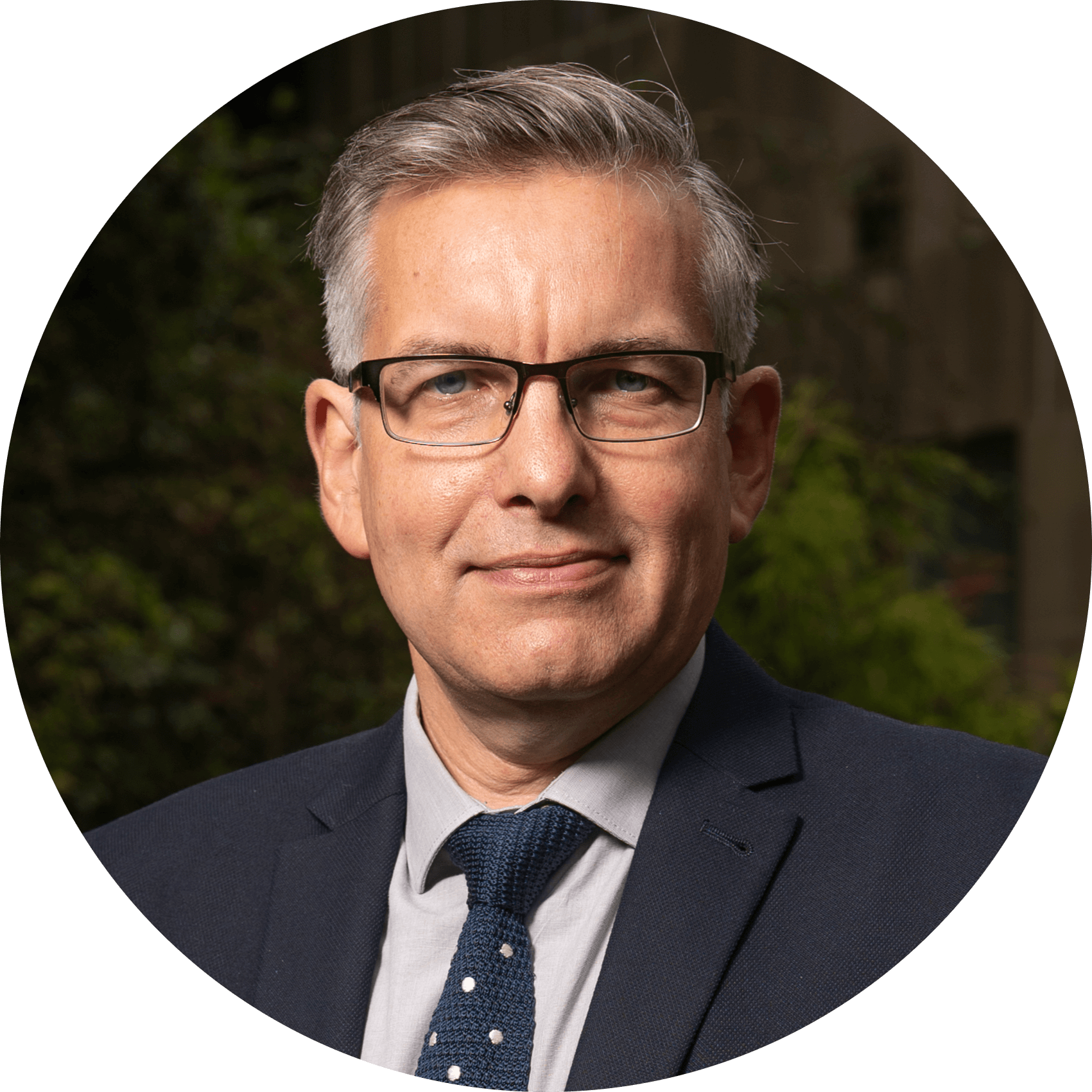
Alan Patrickson
Corporate Director for neighbourhoods and climate change - durham county council
Originally from a civil engineering and construction background, Alan spent much of his career in the
waste and recycling industry working on large scale contracts in the private and public sector. More
recently Alan has taken on a wide range of roles within the local authority arena and is now
responsible for services including Highways, Street Cleansing, Refuse and Recycling, Carbon
Reduction, Environmental Health and Community Partnerships, among others.





Educational
We help you create practical and engaging learning experiences exploring energy, climate change and the environment throughout the curriculum.

Savings
Through our support and expertise we help schools to make significant savings through practical changes and implementation of the programme.

Environmental
Resources for the whole school community to learn more about the environment and how to make positive changes to safeguard it for the future for all.